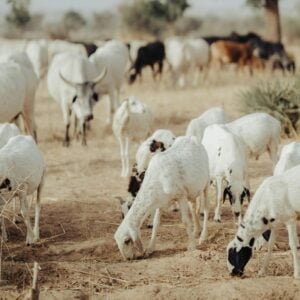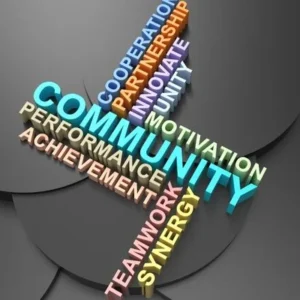The Food and Agriculture Organization of the United Nations (FAO) recently brought together policymakers, scientists, producers, civil society representatives, and private sector actors to discuss strategies for ensuring animal feed is safe, nutritious, and sustainably produced. The 2025 edition of the Global Forum for Animal Feed and Feed Regulators, held over two days at FAO headquarters in Rome, was officially opened by FAO Director-General Qu Dongyu, who stressed the importance of collective action to increase feed production, manage grasslands sustainably, and protect landscapes, biodiversity, and ecosystem services, recognizing the crucial role of livestock and pastoralists.
The forum underscored the significance of the animal feed sector, which generates around $400 billion in annual commercial turnover, produces one billion tons of livestock feed, and employs over 250,000 skilled professionals worldwide. The safety and quality of feed have direct implications for food security, human nutrition, livelihoods, animal welfare, public health, and the environment, with improved feed reducing disease incidence, enhancing animal welfare, and minimizing reliance on veterinary drugs, particularly antimicrobials.
Despite its importance, animal feed systems face significant risks. Contaminants such as mycotoxins, microplastics, and chemical residues threaten both animal and human health and disrupt international trade. Unsustainable feed production can contribute to deforestation, greenhouse gas emissions, and biodiversity loss. Many countries also lack comprehensive feed legislation or have laws not aligned with Codex Alimentarius standards, posing challenges in globalized supply chains that require robust standards, traceability, risk-based regulation, and international cooperation.
Director-General Qu emphasized the need for science-based, inclusive, and practical policies and regulations to manage feed systems effectively. Such policies should safeguard health, support trade, enhance productivity, and build resilience while ensuring small- and medium-scale farmers have fair access to safe, affordable feed, services, and markets. He highlighted the critical role of feed regulators in achieving these goals and described the Forum as a platform for dialogue, knowledge sharing, consensus-building, and identifying concrete solutions.
Organized in collaboration with the International Feed Industry Federation (IFIF) as part of FAO’s “Livestock Week,” the forum also followed the second Global Conference on Sustainable Livestock Transformation. Building on the 2023 edition, the event provided a platform to share advanced knowledge, scale up successful innovations in feed technologies and processes, and discuss sustainable use of locally available feed sources, including grains, pasture, forage, and circular economy products.
A key objective of the forum is the identification of potential FAO Reference Centres for Animal Feed, which will strengthen collaboration among regulators, laboratories, researchers, and the private sector, accelerating the exchange of knowledge and innovation. FAO reaffirmed its commitment to organizing this Forum biennially to ensure continuity, accountability, and sustained progress in building safe, sustainable, and equitable animal feed systems.






